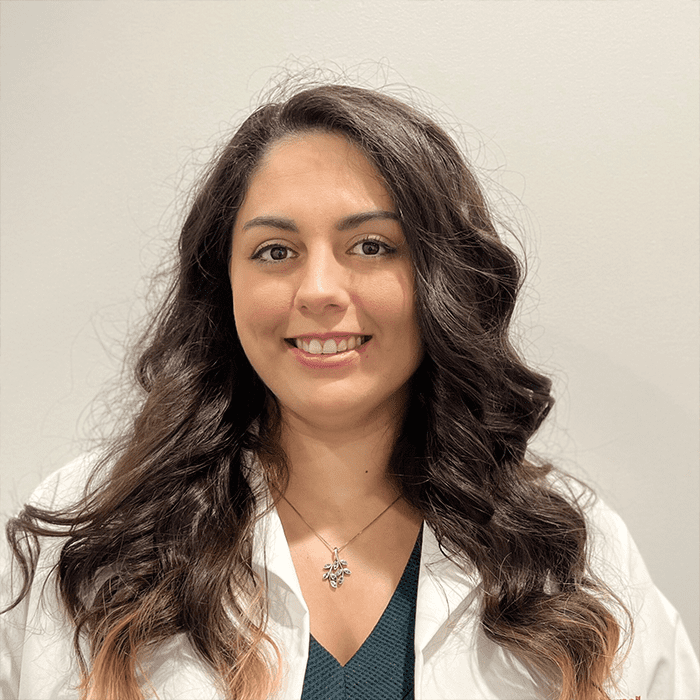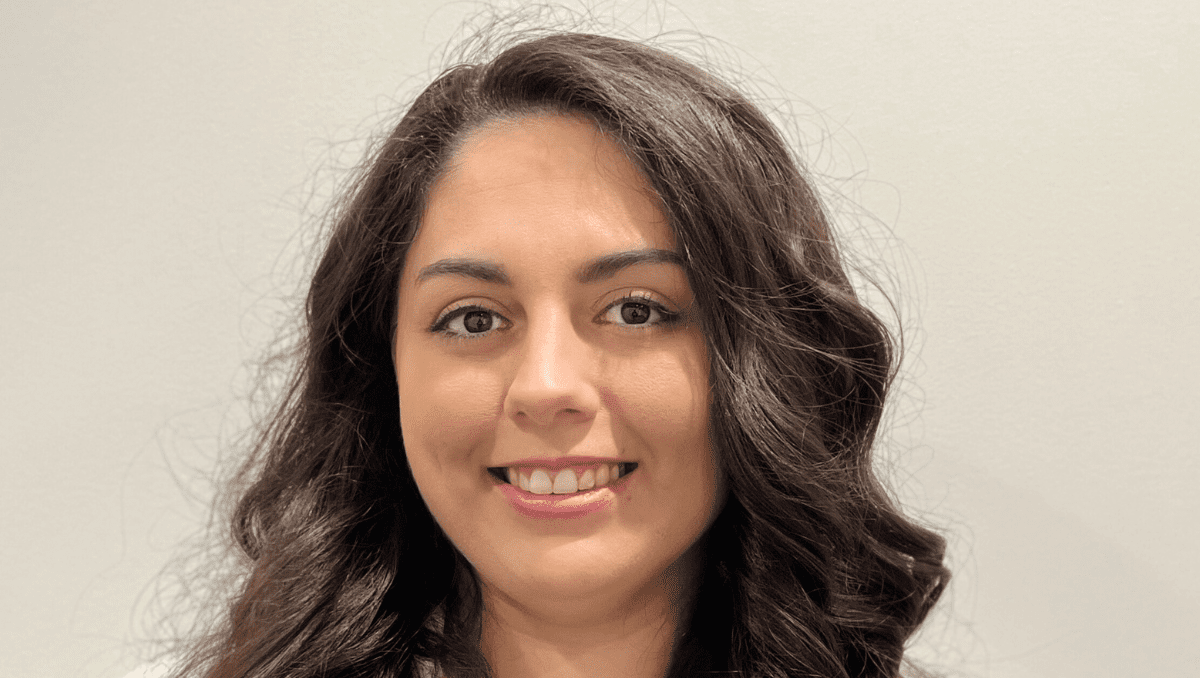
Michelson Medical Research Foundation and the Human Immunome Project have awarded the 2023 Michelson Prizes: Next Generation Grants to Dr. Claire Otero in recognition of her proposal to develop vaccines against cytomegalovirus (CMV), a virus that can cause birth defects in newborns.
“CMV is very understudied given that some 50-80% of people will acquire it at some point in their lives,” says Otero, a postdoctoral scholar at Weill Cornell Medicine. “In adults, CMV normally causes mild flu-like symptoms or no symptoms at all. But if a woman either becomes infected or has a flare-up during pregnancy, the virus can be passed to her fetus whose immune system can’t fight it well.” Around 1 in 200 babies acquire CMV this way, and about 20% of them develop health problems such as hearing loss, vision loss, or an intellectual disability.
Clinical Trials with CMV Vaccines
No licensed CMV vaccine exists, but many candidates are in clinical trials. Most of these vaccines attempt to trigger the immune system into making specific antibodies that attack and neutralize specific proteins, or antigens, on the virus. Antibody molecules are Y-shaped, and the twin tips at the top of each antibody are specialized to a single antigen. The antibody’s long “stick,” known as the Fc region, is generally the same across all antibodies in the body.
In its arms race against the immune system, CMV has evolved a way to attack antibodies by forcing infected human cells to produce proteins called viral Fc receptors (vFcRs). These viral proteins sit on the cell’s surface and bind the Fc region at the bottom of every antibody it encounters, pulling them into the cell and out of commission. This weakens the human immune response against CMV.
Luckily, the human system should be able to make specific antibodies that attack the vFcRs right back to improve recognition of the antibody Fc. Prior research from Otero’s adviser’s lab found that CMV-infected mothers with strong Fc effector functions were less likely to pass the virus to their babies. “Determining whether these antibodies actually decrease transmission will take more research, but it is really exciting to see that and also have a better idea of things that we can do with vaccine development,” Otero says.
The Next Generation Grants, a $150,000 grant awarded annually to investigators 35 or younger who are focused on human immunology, vaccine discovery, and immunotherapy, will allow Otero to develop therapies against vFcRs.
Testing Different Combinations of vFCR Antigens
She plans to test different combinations of vFcR antigens in rabbits to determine which trigger the strongest immune response against the virus. These antigens could later be incorporated into a vaccine or serve as a model for engineered monoclonal antibodies that attack each vFcR.
Otero became interested in infectious disease research while in graduate school at Duke University, where she landed in a lab studying CMV in rhesus macaques. “The virus is fascinating, “she says. “It’s unusually large and has evolved numerous unique ways of evading the human immune system, including at least three ways of interfering with the Fc region on antibodies. There’s still a lot that we don’t know about it.”
Otero says the Michelson grant will allow her to develop the rabbit model to test her vFcR vaccine candidates, which she hopes will eventually lead to clinical trials.
In addition to protecting newborns, she says, a CMV vaccine could be useful for organ transplant patients whose suppressed immune systems make them more susceptible to developing complications from CMV infection. Eventually, Otero plans to start her own lab to study multiple pathogens and how their basic biology can improve clinical therapies. “I’m particularly motivated by the big-picture impact of the research that we’re doing,” she says.
Get the latest news from Michelson Philanthropies. Sign up for our newsletter today!

